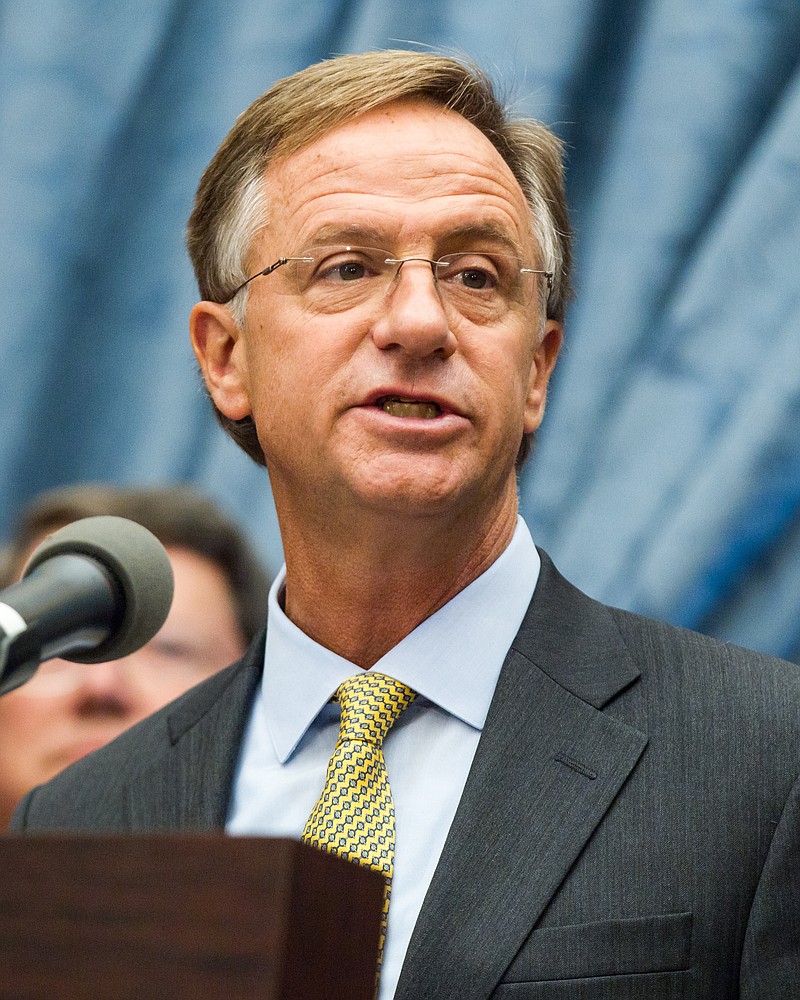Members of the Tennessee Board of Regents speaking at their quarterly meeting Thursday were generally upbeat about the possibility of reducing their focus to the state's 13 community colleges and 27 colleges of applied technology.
Gov. Bill Haslam last week said he will introduce legislation to create local boards to govern the six state universities that are not part of the University of Tennessee system - Austin Peay in Clarksville, East Tennessee in Johnson City, Middle Tennessee in Murfreesboro, Tennessee Tech in Cookeville, Tennessee State in Nashville, and the University of Memphis.
The governor on Monday announced plans for a transition task force, with the goal of having new structure in place by 2017.
At the Board of Regents' meeting, Haslam said the intent of the proposed change is to provide more focus on the two-year schools, which are seeing big increases in enrollment. In part that is thanks to Tennessee Promise, the last-dollar scholarship program that offers eligible high school seniors the chance to go to community or technical college without paying tuition.
Ultimately, Haslam wants to increase the percentage of Tennesseans with college degrees and certificates to 55 percent by the year 2025. The two-year schools form a big part of that initiative, called "Drive to 55."
Speaking to the regents about the need for more focus on those schools, Haslam said, "We want to invest money where we can produce degrees, but we also want to focus on quality and producing the right degrees, both for the market and for the qualifications of each of those students and what might lead to success."
Invited to ask questions, only three of the regents spoke up, and none of them challenged Haslam's proposal.
Regent Greg Duckett wondered what incentives the schools will have to collaborate under the proposed new structure. Speaking in the meeting and later to the media, Haslam said the Tennessee Higher Education Commission will have an expanded role, and will represent the interest of the state as a whole over that of the individual institutions.
Regent Tricia Farwell asked what input faculty will have in the restructuring process. Haslam said the transition meetings will be open. He also said he does not expect the changes to cause a disruption for faculty and staff.
Haslam said he is incredibly pleased with the progress the state's colleges and universities are making toward graduating more students.
"We realize this is a pretty big step we're proposing," he said, "but it's an opportunity for Tennessee to take the next step."
